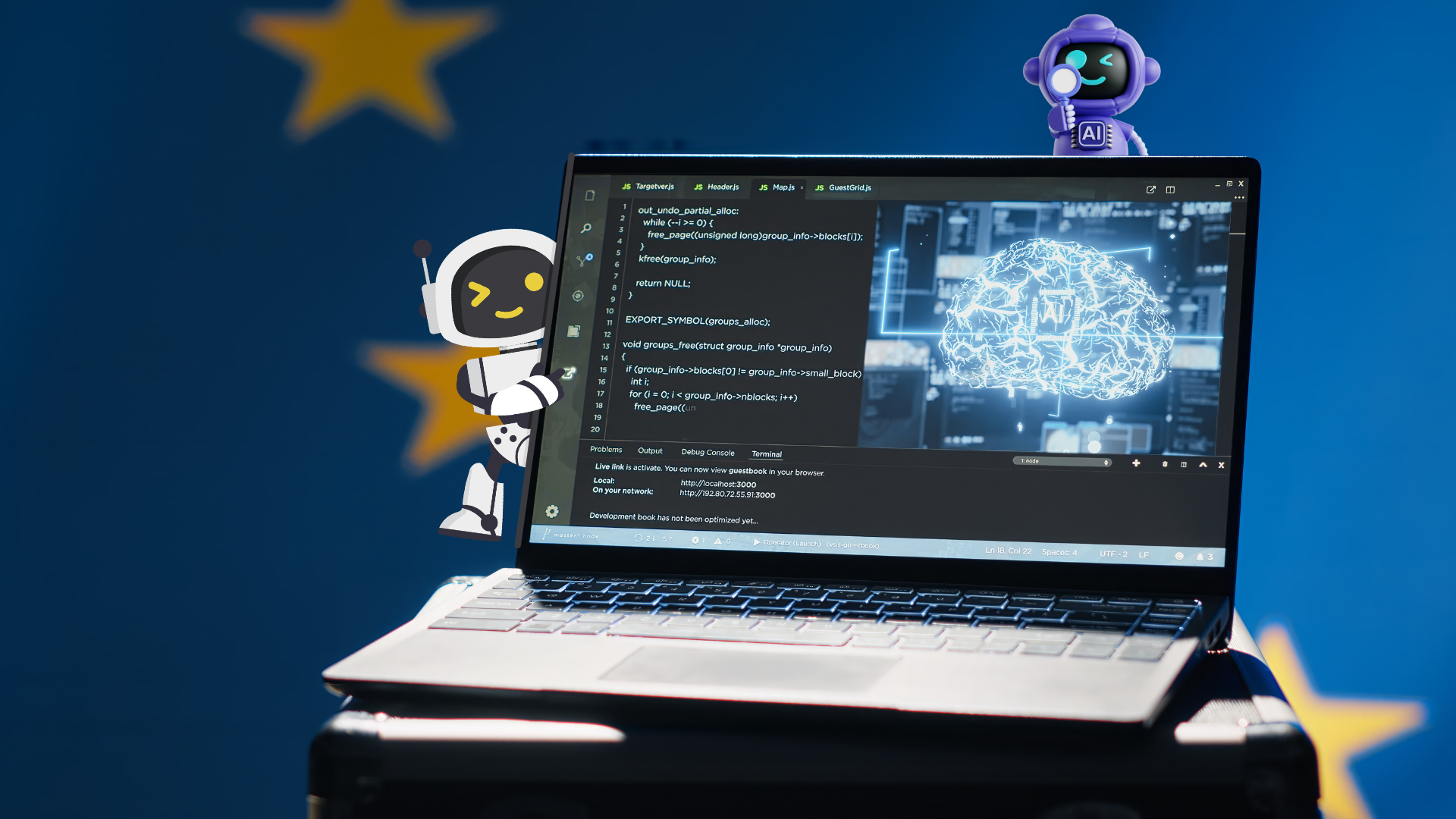
AI has become a hot topic in the crypto industry, with major financial and industry-specific events, as well as leading analytics firms, discussing its role in compliance, fraud detection, and operational efficiency. As regulatory scrutiny increases and illicit actors grow more sophisticated, digital asset businesses are exploring AI-driven solutions. However, the implementation of AI in compliance is not as simple as “plug and play.” While AI can enhance security and efficiency, human oversight remains essential for responsible decision-making.
Detecting Hidden Risks Beyond Traditional Methods
Conventional compliance methods are adept at identifying known patterns but often struggle to detect new, unexpected threats. AI, on the other hand, excels in analyzing vast amounts of data and recognizing anomalies that might escape traditional detection models.
One of AI’s biggest advantages in transaction monitoring is identifying ‘unknown unknowns’—unforeseen threats that traditional scenario-based methods fail to detect. Advanced AI tools can adapt to emerging criminal techniques, allowing compliance teams to stay ahead rather than react to fraud incidents after they occur.
However, ensuring high data quality and mitigating bias are critical to obtaining reliable results. While AI-based systems still generate false positives, their rate is often lower compared to traditional approaches. A case study by Deloitte and United Overseas Bank reported a 5% increase in true positives and a 40% decrease in false positives in transaction monitoring, along with a 40% rise in operational efficiency.
Reducing Costs, Time, and Workforce Demands
Beyond fraud detection, AI also offers significant cost and efficiency benefits. As regulatory demands become more complex, compliance costs—both in terms of time and workforce—continue to rise. AI can alleviate these challenges by automating manual processes, such as:
- Prioritizing alerts and flagging high-risk cases.
- Using large language models for initial policy reviews and documentation.
- Freeing compliance officers to focus on strategic analysis instead of repetitive tasks.
Smaller crypto firms, in particular, can benefit from AI’s flexibility. Without the burden of outdated legacy systems, they can swiftly adopt cutting-edge AI tools to remain competitive against larger players. However, proper staff training remains crucial to ensure that teams can interpret AI-generated findings accurately and make informed decisions.
Enhancing Efficiency Without Replacing Regulatory Collaboration
While AI improves operational efficiency, it is unlikely to replace direct collaboration between crypto firms and regulators. Compliance officers must still engage with regulatory bodies to navigate policy uncertainties, address ethical concerns, and maintain trust within the industry.
AI’s primary role is to optimize internal workflows, not to replace human judgment in high-level discussions. Regulators expect clear and accountable communication, something that only human professionals can provide.
A Competitive Edge and Reputation Management
Traditional financial institutions are already integrating AI into their compliance frameworks, and crypto companies that ignore AI risk falling behind. While merely adopting AI does not directly impact a firm’s reputation, failing to use it effectively in critical areas could have serious consequences. If a preventable compliance breach or fraud incident occurs, the reputational damage could be severe.
AI can also serve as a marketing advantage. Companies that transparently and ethically implement AI-driven risk management tools can strengthen consumer confidence and position themselves as leaders in regulatory compliance.
Keeping Humans in Control
Despite AI’s growing role in compliance, ultimate responsibility cannot be delegated to algorithms. Legal and ethical decisions require human intuition and accountability. While AI can flag suspicious transactions, the final decision—whether to freeze or close an account, for instance—must remain with a qualified professional.
Avoiding overreliance on AI safeguards companies from the limitations of even the most advanced technology. The goal is to use AI as an enhancement tool rather than a replacement for human expertise.
Balancing AI and Accountability in Crypto Compliance
AI is poised to become a critical component of crypto compliance. By combining AI’s data-processing capabilities with human oversight and ethical considerations, companies can detect threats more efficiently, cut costs, and optimize their compliance operations.
However, trust in the crypto industry is built not just on technological advancements but on genuine commitments to regulatory compliance, transparency, and consumer protection. By leveraging AI as a powerful tool—while maintaining human oversight—the industry can navigate compliance challenges and move toward a more secure and sustainable future.





















































































